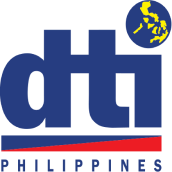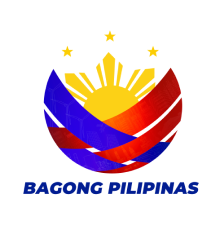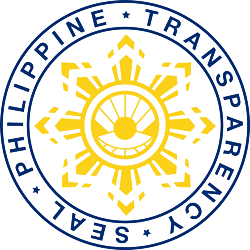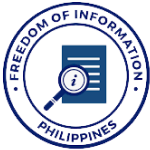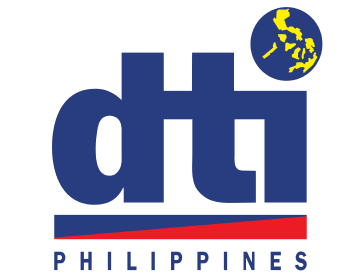

The Department of Trade and Industry (DTI) serves as the primary coordinative, promotive,
facilitator, and regulatory arm of government for the country's trade, industry, and investment
activities. It acts as catalyst for intensified private sector activity to accelerate and
sustain economic growth through a comprehensive industrial growth strategy, a progressive and
socially responsible liberalization and deregulation program, and policies designed for the
expansion and diversification of both domestic and foreign trade.
Oversee the development, promotion, and monitoring of Philippine exports in Free
Trade Areas.
It provide exporters the enabling environment to make them globally competitive.
Engages and represents the Philippines in bilateral and multilateral trade and
investment discussions, including those with the World Trade Organization (WTO), the
Association of Southeast Asian Nations (ASEAN), and Asia Pacific Economic
Cooperation (APEC), among others.
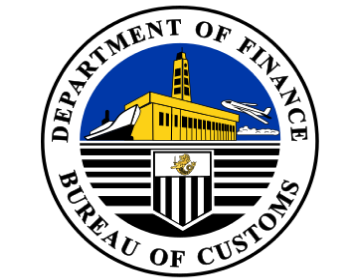
ECD
Export Coordination Division
A Division under Port Operations Service (POS), Assessment and Coordinating Group
(AOGG) of the Bureau of Customs (BOC) which mandated to, among others, coordinate
and monitor export activities in all Collection Districts, provide technical advice
on expert matters, and coordinate with the agencies that have dealings on matters
pertaining to export.
ED
Export Division
Office or unit within any of the Collection Districts of Bureau of Customs (BOC)
that is responsible for the processing and approval of export declaration and other
export-related matters.
FOC
Free Trade Agreement Oversight Committee
A Committee tasked under a particular Customs Memorandum to, among others, formulate
plans and policies on how the operation of the FTA Preferential Tariff Scheme by
made more effective.
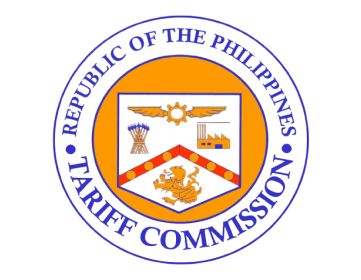
Tariff Commission
Major consultant to the executive and legislative arms of government on tariffs and related
concerns, an impartial adjudicatory body on trade remedy cases, and an advocate of a culture of
fair competition.
The Tariff Commission (TC) of the Philippines, established by Republic Act No. 10863, performs governmental and quasi-judicial functions related to tariff policies. It adjudicates trade remedy cases, analyzes tariff impacts on competitiveness and welfare, administers tariff schedules, issues tariff classification rulings, provides analysis to the President and Congress, reviews trade agreements, and conducts public consultations. TC is attached to the National Economic and Development Authority.
The Tariff Commission (TC) of the Philippines, established by Republic Act No. 10863, performs governmental and quasi-judicial functions related to tariff policies. It adjudicates trade remedy cases, analyzes tariff impacts on competitiveness and welfare, administers tariff schedules, issues tariff classification rulings, provides analysis to the President and Congress, reviews trade agreements, and conducts public consultations. TC is attached to the National Economic and Development Authority.
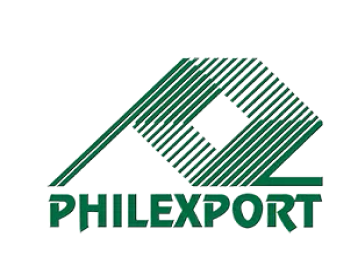
Organization composing of Philippine Exporters (private, non-stock, non-profit organization).
It is committed on continuing development of the Philippines and prosperity of the Filipinos in exports.
The Philippine Exporters Confederation, Inc. (PHILEXPORT) is the umbrella organization of Philippine exporters accredited under the Export Development Act (EDA) of 1994. It is a non-stock, non-profit private organization born out of the unification of the Philippine Exporters Foundation and the Confederation of Philippine Exporters last August 1992.
It is mandated to strengthen the country’s export industry through its export promotion and development programs. PHILEXPORT is the result of a merger on October 25, 1992 of the Philippine Exporters Foundation (PEF), which was established in Oct. 30, 1984 under Executive Order 992, with another exporters’ association, the Confederation of Philippine Exporters (COPE).
It is committed on continuing development of the Philippines and prosperity of the Filipinos in exports.
The Philippine Exporters Confederation, Inc. (PHILEXPORT) is the umbrella organization of Philippine exporters accredited under the Export Development Act (EDA) of 1994. It is a non-stock, non-profit private organization born out of the unification of the Philippine Exporters Foundation and the Confederation of Philippine Exporters last August 1992.
It is mandated to strengthen the country’s export industry through its export promotion and development programs. PHILEXPORT is the result of a merger on October 25, 1992 of the Philippine Exporters Foundation (PEF), which was established in Oct. 30, 1984 under Executive Order 992, with another exporters’ association, the Confederation of Philippine Exporters (COPE).

- The Philippine National Trade Repository (PNTR) is a web-based portal that provides a single source of comprehensive, accurate, and up-to-date information on all trade- related matters,such as importing and exporting, among others.
- The PNTR is serving both local and foreign importers, exporters, and anyone in need of Philippine trade information. The Philippines continues to evolve with the ever changing advances in technology and the PNTR is just one part of making trade and industry easier in the Philippines.
- In addition, the PNTR was established as a commitment of the Country under the ASEAN Trade in Goods Agreement (ATIGA). Under this agreement, each ASEAN member state is expected to come up with respective trade repositories linking to the ASEAN Trade Repository (ATR). In a similar matter, its establishment is in response to the Philippine’s obligation under the WTO Agreement on Trade Facilitation (WTO-ATF) to promptly publish and make readily available trade-related information.

